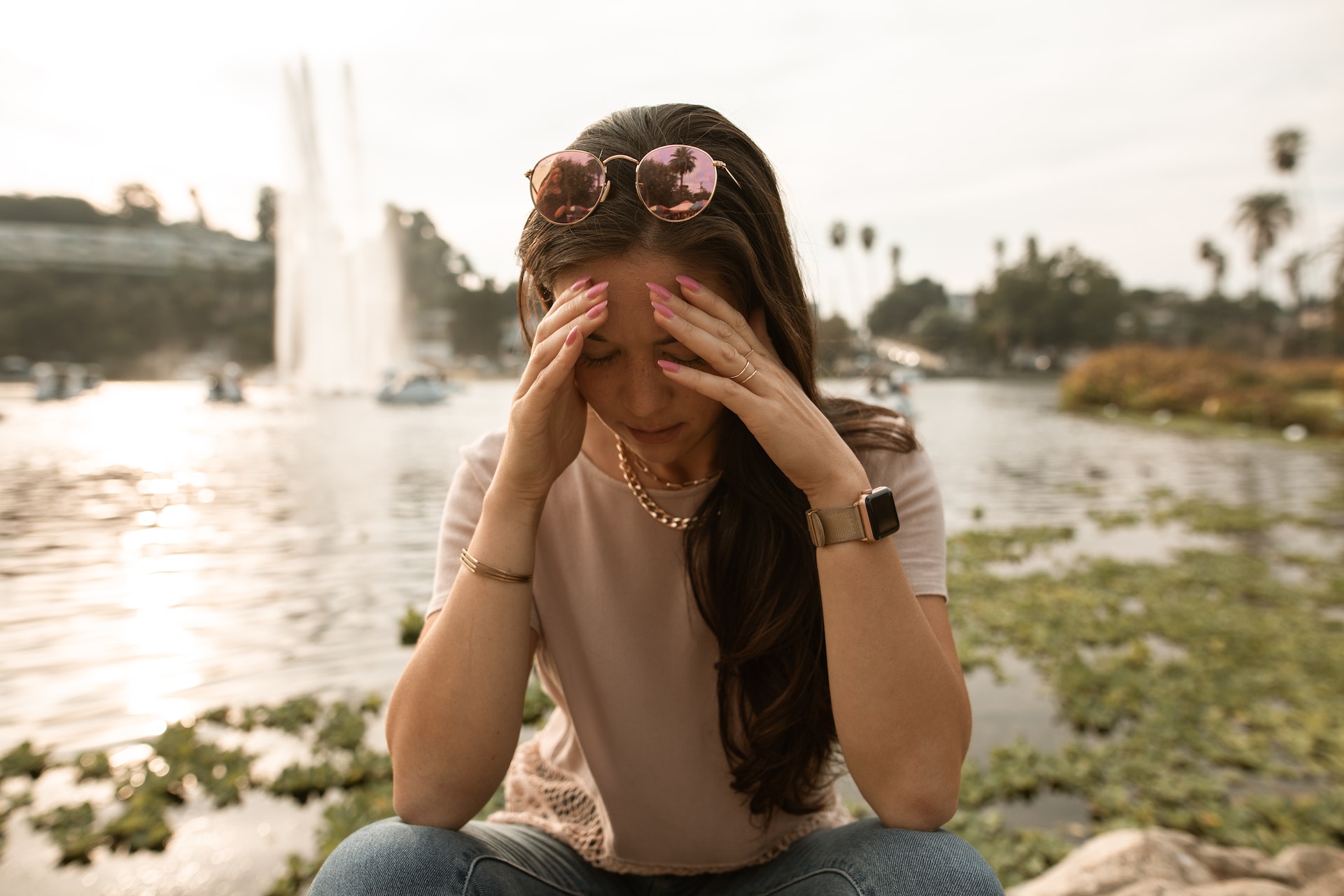Mental health is something that a lot of people don’t like to talk about. It’s seen as a taboo topic, and people are often ashamed to admit that they’re not doing well mentally. However, this does more harm than good. It’s important to talk about mental health openly and honestly because then we can start to break down the stigma surrounding it. This blog post will discuss what to do when your mental health hits rock bottom, and provide you with some resources and advice that will help you get through this difficult time.

1) Reach out for help
When faced with a mental health crisis, it can be difficult for many people to take the necessary steps in order to seek help. However, reaching out for Grief Guidance by Memorials.com is one of the most important things that someone can do when their mental health hits rock bottom. It doesn’t have to be a scary experience, and it may even provide you with much needed comfort and support.
The first step in seeking help is identifying who or where you should reach out to. If you are comfortable doing so, talking to a family member or close friend may provide you with the emotional support needed. Professional help can also be sought-after through organizations such as National Alliance on Mental Illness (NAMI), which offers resources and support groups tailored towards individuals struggling with mental health issues. Additionally, primary care physicians and local clinics are available in providing assistance.
Aside from professional help, there are other ways of seeking assistance during a mental health crisis as well. Joining online forums specifically focused on mental health can provide additional insight into other people’s experiences and allow you to connect with others going through similar situations as yourself. Having conversations with friends or family about your struggles may also bring forth more understanding and empathy about your situation, thus allowing you to find some much needed comfort during this difficult time.
2) Take care of yourself
When it comes to taking care of yourself when your mental health hits rock bottom, there are a number of important steps to consider. Firstly, it is paramount to take time for yourself and practice self-care by doing activities that make you feel relaxed and good about yourself. This could include going for a walk or jog in nature, reading an enjoyable book, engaging in a hobby like painting or writing, or simply listening to your favorite music.
Furthermore, ensuring that you get enough sleep each night is key in order to remain physically and mentally healthy. Eating nutritious meals throughout the day is also important, as food provides the necessary energy needed to carry out daily tasks.
It can also be beneficial to practice various relaxation techniques such as yoga, mindfulness, or deep breathing exercises, which can help reduce stress levels and promote calmness. Additionally, talking to trusted family members or friends may provide comfort during this difficult time. If possible, try going outdoors with them in order to be surrounded by nature, which has been found to help alleviate feelings of depression and anxiety.
3) Get a hobby
Having a hobby can be incredibly beneficial for those struggling with their mental health. Not only does it provide an outlet to express yourself and your emotions, but it also gives you an opportunity to focus on something positive during times of distress. Engaging in activities such as painting, writing, playing an instrument, or gardening can help reduce stress levels and improve overall well-being.
One of the most important aspects of having a hobby is that it allows individuals to explore their creative side and focus on something they find enjoyable. By engaging in activities that bring forth a sense of joy, individuals are able to redirect their attention away from the negative feelings associated with their mental health struggles. Painting, in particular, provides a creative outlet that allows people to express how they feel without having to put words into sentences. Similarly, gardening is known for its calming effects and can help relieve anxiety and depression.
In conclusion, by following the above steps and seeking appropriate professional help, individuals will be able to better manage their mental health during times of crisis. Taking adequate care of yourself, connecting with those close to you, and engaging in a meaningful hobby can all contribute to improving one’s overall well-being. With the right resources and understanding, it is possible to overcome difficult times and find ways to cope with the challenges that come along with mental health struggles








